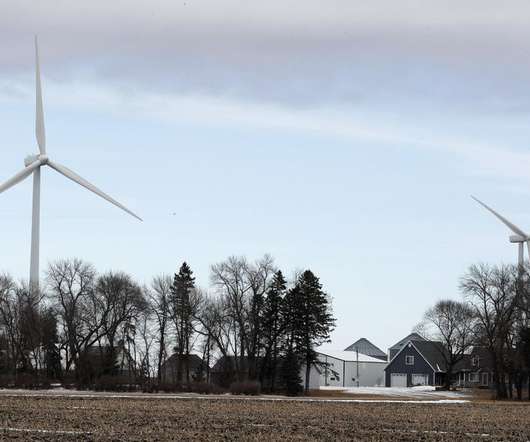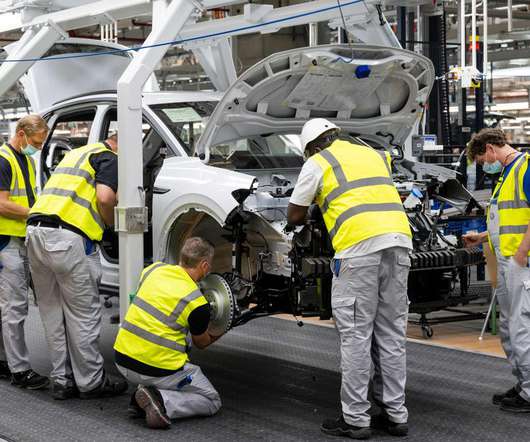Study concludes abundant shale gas is neither climate hero nor villain; need for targeted GHG reduction policy
Green Car Congress
MAY 15, 2014
While natural gas can reduce greenhouse emissions when it is substituted for higher-emission energy sources, abundant shale gas is not likely to substantially alter total emissions without policies targeted at greenhouse gas reduction, according to a new study by two researchers at Duke University.





















Let's personalize your content